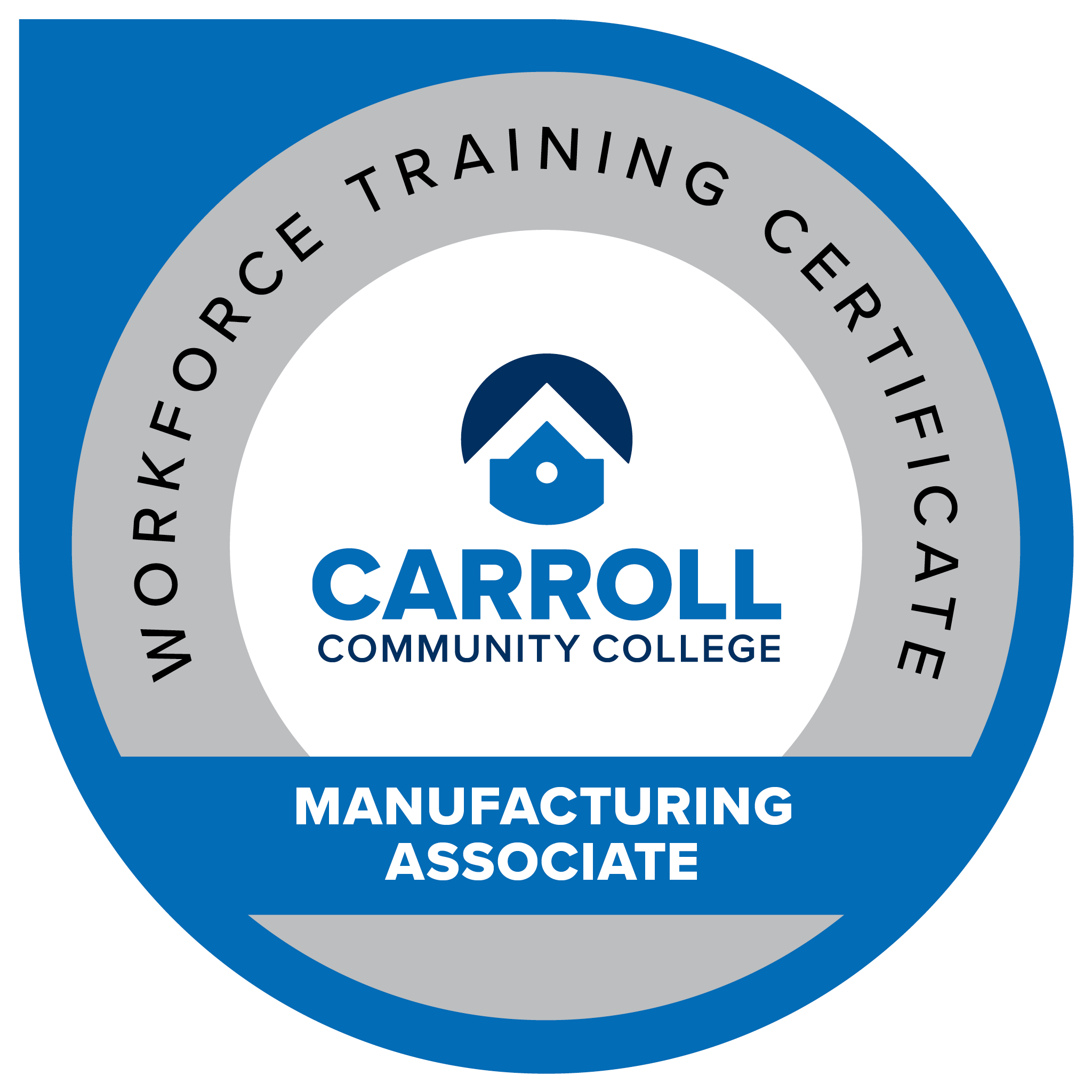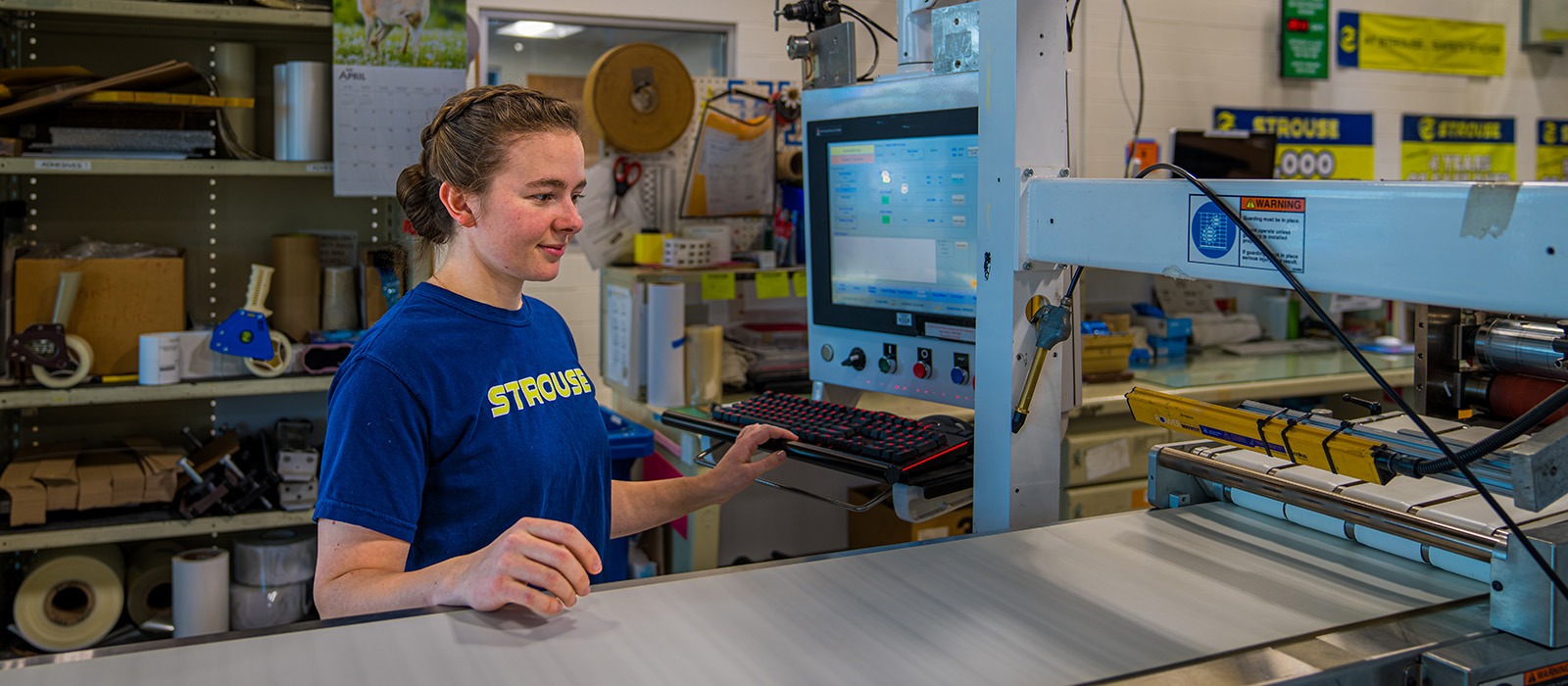Precision Machinist Certificate

At a Glance
Gain the foundation skills needed to enter the world of machining and manufacturing. Master the fundamentals of safety, measurement and materials that will open the door to a variety of shop related jobs. Validate that you have the fundamental knowledge of standard steel classifications and numbering systems, reading of precision measuring devices, shop and machine safety, general machining practices and inspection techniques.
Approx. Number of Hours/Months:
39 hours/1 – 2 months
Program Cost:**
$849
Est. Hourly Wage:*
$28.73 per hour
Min. Occupational Requirements:
None
Precision Machinist Job Overview
| Machine and manufacturing is a technology-rich industry filled with opportunities for continued growth and advancement into higher level positions. Employers in the precision machining field are looking for individuals who are not only comfortable with new technology but can also use time-proven solutions to solve problems. |  |
Licensure/certification Earned
Students who successfully complete the program will be prepared to sit for the entry-level NIMS certification Measurements, Materials & Safety.
Financial Assistance
Curriculum
View all current course offerings. Not all courses are offered within every term schedule.
Safety is number one when working with heavy machinery. Take the necessary steps to keep yourself and others safe every day. Learn to identify Personal Protective Equipment (PPE) and how to increase awareness and safety. Topics include OSHA regulations regarding hazardous materials, bloodborne pathogens, fire safety and lockout procedures.
It’s necessary to measure correctly to use precision machinery correctly. Begin with basic math skills including addition and multiplication and learn to calculate missing angles and lengths of workpieces. Get step-by-step instructions using fractions and percentages. Practice in the classroom with precision measurement tools used in the industry and understand how it relates to real-world application. At least an 8th-grade math comprehension is recommended.
Familiarize yourself with the materials used in precision machining. Learn about the different strengths, fluids and other considerations. Review the National Institute of Metalworking Skills (NIMS) Core Machining skills. Put everything you’ve learned into practice with hands-on training using a manual drill. Prepare to sit for the NIMS Measurement, Materials and Safety certification.
Additional Information & Program Requirements
For the job, you should be able to stand on your feet for long periods, have an aptitude for math, and attention to detail.
You should be able to read, speak, write and understand English (exceptions may be made if the person is unable to meet one of these requirements for a medical reason, such as hearing impairment).
Total hours include an estimated time of online learning modules that will be required to complete outside of classroom time. Access to reliable internet is required.
Related Professional Skills and Job Training Courses
Automotive Technician
Welder/Advanced Welding

Building Skills for Industry 4.0
Read More about Building Skills for Industry 4.0Interested in enrolling?
410-386-8100 | wbce@carrollcc.edu
*Wages are based on data from the U.S. Bureau of Labor Statistics and are estimates only.
**Unless noted, cost does not include any required textbooks and related materials, applicable licensing fees, background check fees, testing fees or prerequisite courses.